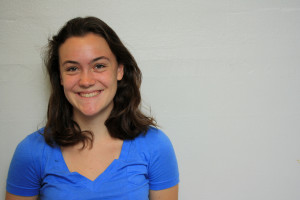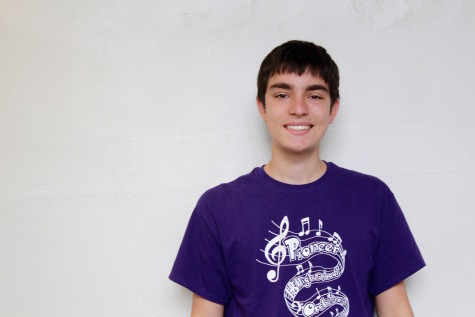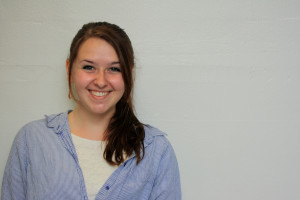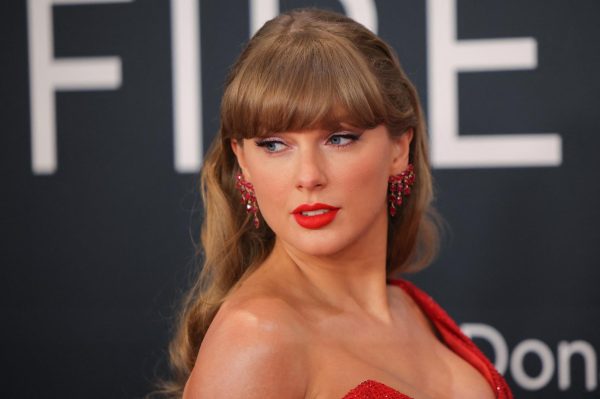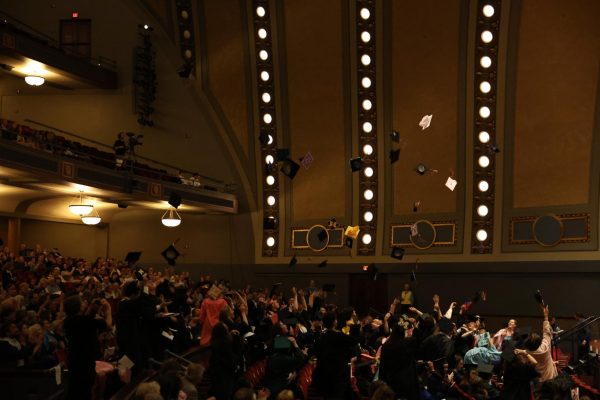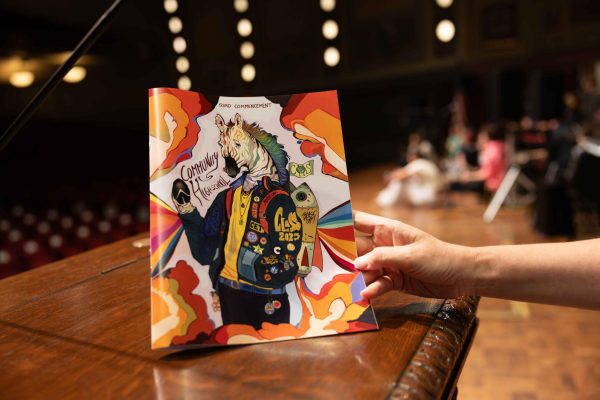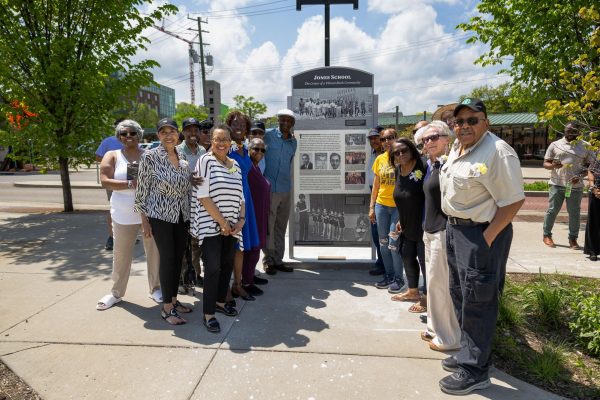Martin Luther King Jr. Assembly Emphasizes the Importance of Living his Dream
Jazz music and warm air welcomed Community High students to St. Andrew’s Episcopal Church on Thursday, Jan. 16 for the annual Martin Luther King Jr. assembly, ringing in another year of celebration in his name.
This year’s theme was acknowledging Dr. King’s unfinished dream and how it applies to all minorities and identities. In previous years, MLK Day assemblies have been organized solely by the Black Student Union (BSU), but this year, BSU collaborated with CHS’s Poetry Club, Queer Straight Alliance (QSA), Jewish Student Union (JSU), Asian Student Union (ASU), Dance Body, Jazz Band, and Forum Council.
Emceed by BSU members Anabel Cruz and Pamela Quintana, the assembly began with a speech about Dr. King’s dream. The speech emphasized that King’s dream has yet to be completely fulfilled, despite over fifty years having passed since his famous speech was given.
A key component of BSU’s goal was to demonstrate how, in order to fulfill Dr. King’s dream, society must achieve complete equality, and not just harmony between Black and White people. Four ASU members – Jasmine Chang, Lydia Krienke, Natsume Ono, and Franny MeLampy – drew attention to racial controversy earlier this year: a predominantly Asian fraternity at University of Michigan had stereotyped black culture through a party. ASU denounced these actions, and acknowledged that the playing field is not level for all minorities. “What’s most important,” read MeLampy, “is that we recognize that racial problems still exist.”
“The theme for this year’s assembly is Martin Luther King Jr.’s unfinished dream, and how that relates not just the white/black struggle, but all sorts of minorities and gender and all types of race,” MeLampy explained. “Asian Student Union really wanted to be a part of that.”
While the assembly maintained a mostly optimistic outlook, there were a few solemn components. Students and teachers stood in front of the school and recited the first times they each noticed race. Some had positive memories, such as Steve Coron, whose grandmother invited over a young black boy to play with him when he was a child. Others were much more upsetting — being told they could not enter a house because of their race, or that they couldn’t like a classmate because they “didn’t match.” Pictures from the civil rights era were shown, and included photographs of a black boy being attacked by white policemen, and a black man who had been shot, writhing on the ground. Though the first encounters of race were obviously at a different level from the violent confrontations of the mid-twentieth century, the segment served to show that racism has never left.
Students also read pieces that emphasized the prevalence of racial tension. MeLampy read an excerpt from Sherman Alexie’s collection of short stories, “Ten Little Indians”. The excerpt was told from the perspective of a young American Indian woman, whose peers cannot acknowledge that a person from her race and background could be intelligent. Katie Taub read a powerful piece by Palestinian-American poet Naomi Shahib Nye called “Kindness.” A poem by Aaron Samuels, presented by Oren Levin from CHS Poetry Club, resonated with many students and teachers. The poem, called “Covered in Grass,” is about Samuels’s African American and Jewish heritage. It told a story of his struggle to find his roots and being unable to trace back further than New York. Two BSU students, Maya Anderson and Manasseh McClair, read a poem by Ann Arbor native Angel Nafis. The poem was about the stereotypes and discrimination that black women face day after day, because they are Black and because they are women. The poem ended with, “Black girl still jumps two ropes at once, trying not to get hung.”
Robert Stephens performed a dance to Lauryn Hill’s “Zion.” The dance was inspired by the title of the song, because “zion is a word that means a lot of different things in a lot of different cultures,” Stephens said. “To Rastafarians, it means Africa; to Christians, it means heaven, so my dance is inspired by a paradise.” Afterwards, forum council members encouraged students to volunteer, as a way to get connected to the community.
The assembly concluded with a musical performance by Alexandra Cubero-Matos, accompanied by Lydia Krienke on piano. Cubero-Matos sang Sam Cooke’s “A Change Is Gonna Come,” and her compelling performance earned her a standing ovation from the entire school.
BSU advisor and CHS English teacher Janelle Johnson declared this year’s assembly a success. The effort to include the entire school and all minorities made for an impressive presentation and truly emphasized CHS’s sense of community—one that embraces all identities and celebrates in our differences. “I just love that each group found a way to tie it into Dr. King and diversity and making sure we keep the dream alive and making sure that we volunteer and that we serve,” Johnson said.
Johnson doesn’t feel that students have to take drastic measures in order to honor Dr. King’s legacy. She believes that being kind and avoiding prejudice can accomplish this. “To continue to keep an open mind, to say something kind to someone, or to do a kind gesture,” listed Johnson as ways of honoring Dr. King. “You open a door, you smile, you say, ‘Good job.’ Those are some of the things you could do.”
Interested in becoming involved this MLK day? Attend events of the University of Michigan Symposium or spend some time volunteering on Monday, Jan. 20.
Video by Fernando Rojo. To watch videos in a new tab, click here.
Photos by Sophia Camp. To see the Flickr gallery in a new tab, click here.
